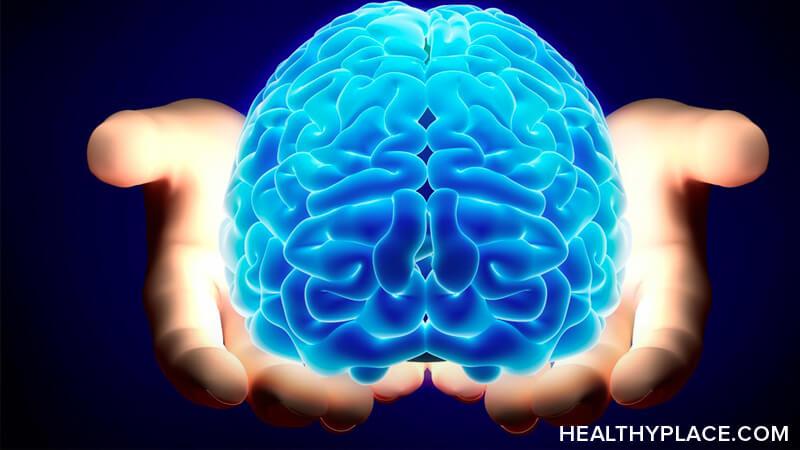Improving Cognitive Skills for Lifelong Happiness

Maintaining and improving your cognitive skills, or the ability to use your brain, is an integral part of living happily into old age. Your cognitive skills allow you to think, reason, and process information. Small changes in your daily routine can strengthen these abilities, boosting your brainpower, mood, overall wellbeing, and emotional state.
As an English teacher living in Japan, I have a lot of students who come to my school specifically to study for proficiency tests, improve business communication skills, and prepare for travel abroad. But I also have many senior students who want to learn for another reason—"boke boshi." Boke boshi directly translates as "dementia prevention." Although these students enjoy learning a foreign language and making new friends, the primary objective of attending class is to maintain and improve cognitive skills.
Cognitive skills, or brain activities, include all the various complex mental processes such as attention, memory, reasoning, planning, problem-solving, and multitasking. As you age, your brain shrinks, and these skills naturally deteriorate. However, there are things you can do to slow this decline and even improve your cognitive abilities.1
5 Ways to Improve Cognitive Skills
Many factors, including exercise, diet, sleep, mental stimulation, and social interaction, can affect cognitive function.
- Exercise: Regular exercise offers substantial physical and mental health benefits. It can help relieve insomnia, anxiety, and depression. It may also help prevent cognitive decline and dementia and improve cognitive function in people with memory problems.2
- Diet: A diet emphasizing fruits, vegetables, whole grains, and beans and including moderate amounts of lean protein may help protect against cognitive decline.2 B vitamins, long-chain omega-3 fatty acids, and other certain micronutrients may be particularly beneficial.1
- Sleep: Getting the right amount of sleep may improve cognitive performance and mental health. Both too little and too much sleep can result in cognitive problems, so aim for seven to eight hours of sleep per night.3
- Mental stimulation: Researchers believe staying mentally active as you age is essential to maintaining a healthy brain.2 Engage in stimulating activities that challenge your brain, such as learning a new language, playing a musical instrument, or doing puzzles.
- Social interaction: Being part of a social group can help lower stress levels and strengthen neural networks in the brain, boosting cognitive function.2 Stay socially active by spending time with friends and family, volunteering, or joining a club or group.
The Link Between Cognitive Skills and Happiness
I've found that improved cognitive skills lead to happiness in several ways. When my cognitive skills work well, I can process information quickly and make decisions easily. Having a good memory allows me to recall happy moments and experiences, which helps me maintain a positive outlook in the present. When I can solve problems efficiently, I gain confidence, making me feel more capable and in control of my life.
I am also more likely to manage stress and anxiety effectively, helping me feel more relaxed and content. Improved cognitive skills increase my confidence when communicating and connecting with others and help me build stronger, more meaningful relationships. These factors all significantly boost my happiness and make life more rewarding.
Improve Your Cognitive Skills and Increase Your Happiness
Just as looking after your body is essential for good health, caring for your brain is a big part of creating lifelong happiness. Wholesome habits, such as regular exercise, getting enough sleep, eating a healthy diet, mental stimulation, and staying socially active, can maintain and improve cognitive skills. Incorporating them into your daily routine can increase your overall wellbeing and help you enjoy a happier and more fulfilling life.
Sources
- Angelo, G. (2016, April). Cognitive Function In Brief. Linus Pauling Institute. https://lpi.oregonstate.edu/mic/health-disease/cognitive-function-in-brief
- Harvard Health Publishing. (2021, January 2). Protecting against cognitive decline. https://www.health.harvard.edu/mind-and-mood/protecting-against-cognitive-decline
- Godman, H. (2021, December 1). How much sleep keeps cognitive decline at bay? Harvard Health Publishing. https://www.health.harvard.edu/mind-and-mood/how-much-sleep-keeps-cognitive-decline-at-bay
APA Reference
Brocklebank, M.
(2023, April 17). Improving Cognitive Skills for Lifelong Happiness, HealthyPlace. Retrieved
on 2026, February 24 from https://www.healthyplace.com/blogs/livingablissfullife/2023/4/improving-cognitive-skills-for-lifelong-happiness
